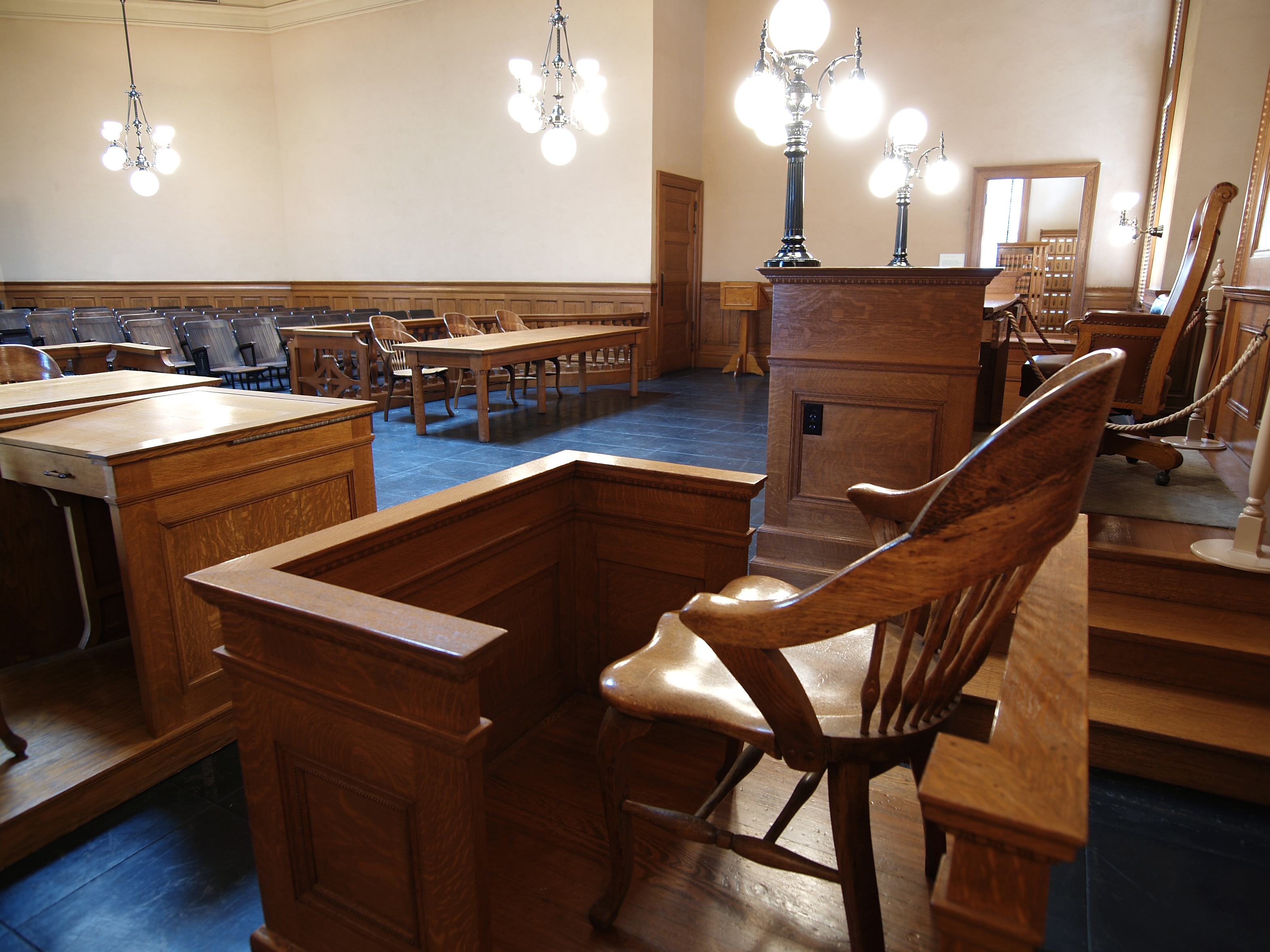CFTC Takes Action Against New York Resident for $21M Crypto Pooling Scam
The Commodity Futures Trading Commission (CFTC) has filed an enforcement action against a New York city resident, William Koo Ichioka, for fraudulently misappropriating over $21 million from over 100 commodity pool participants’ funds, according to a statement.
A parallel criminal complaint against Ichioka has also been filed by the U.S. Attorney’s Office for the Northern District of California on counts, including wire fraud, and securities and commodities fraud. The Securities and Exchange Commission (SEC) has also filed a “parallel action.”
“Ichioka promised to use customers’ assets to enter into retail foreign currency transactions (forex) through a commodity interest pool operating under the name “Ichioka Ventures,” said CFTC Commissioner Kristin N. Johnson in a statement.
Ichioka has agreed to the charges and the CFTC has sought full recovery for the defrauded individuals and entities. Additionally, the CFTC has sought a civil monetary penalty, permanent trading and registration bans, and permanent injunctions against Ichioka.
A commodity pool is an investment vehicle that “pools” together money from many investors to trade.
According to the CFTC, Ichioka ran a fraudulent scheme from 2018 to 2021 where he took money from more than a hundred individuals to trade digital asset commodities, including bitcoin (BTC) and ether (ETH), with the promise of a 10% return within 30 business days. Ichioka also maintained that participants could easily withdraw or reinvest their funds.
Instead, Ichioka used the $21 million to pay back some of the participants but also for his personal use and expenses, such as luxury automobiles and rent payments.
Edited by Parikshit Mishra.









